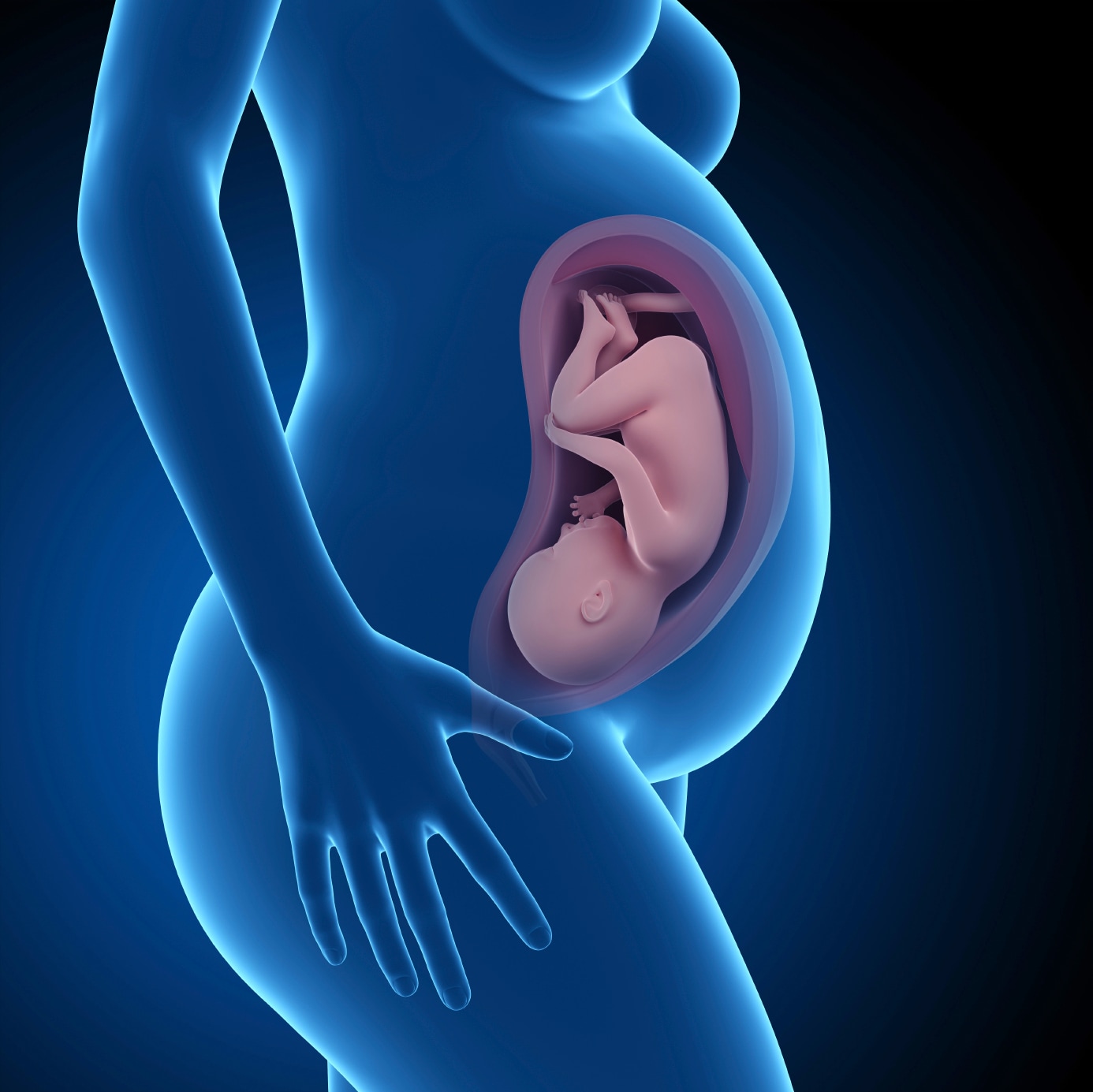Ultra-processed food contributes to more than half of dietary energy consumed on average by population in the United Kingdom. This study reports an inverse association between dietary contribution of ultra-processed foods and dietary content of protein, fibre and potassium.
Cross-sectional data from the UK National Diet and Nutrition Survey between 2008 and 2014 were evaluated. Overall, 9374 participants (4738 adults; 4636 children) completed a 4-day food diary. Participants reported all food and drinks consumed within and outside their home. Diet In, Nutrients Out software estimated food and nutrients intake.
The population mean energy uptake was 1764 kcal/day, with 30.1%, 4.2%, 8.8% and 56.8% of dietary energy coming from unprocessed/minimally processed foods, processed culinary ingredients, processed foods and ultra-processed foods, respectively. Increasing consumption of ultra-processed foods was associated with increased dietary contents of carbohydrates, free sugars, total fats, saturated fats and sodium and significantly reduced dietary content of proteins, fibre and potassium. Most remarkable effect was on free sugar intake which increased from 9.9% to 15.4% of total energy from the first to last quintile of ultra-processed food consumption. Participants with increased recommended upper limit for free sugar and sodium increased by 85% and 55%, respectively, from lowest to highest ultra-processed food quintile.
Authors emphasise on reduced dietary share of ultra-processed foods by increasing consumption of minimally processed and freshly prepared food for improved nutritional quality of diets in the United Kingdom. This could further prevent obesity and other chronic diet-related non-communicable diseases.



